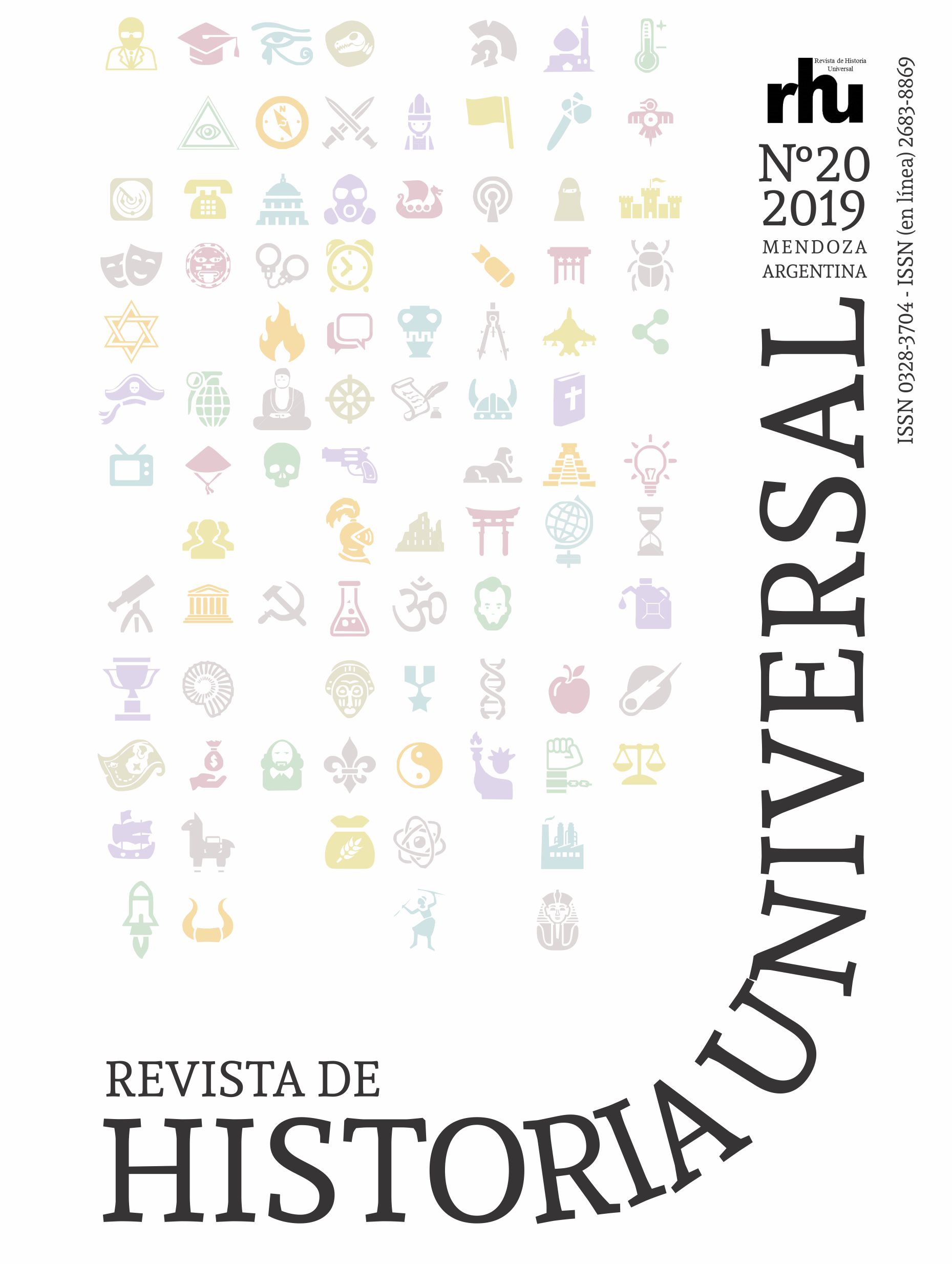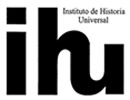Saperi profani e cultura pagana nei dialoghi di Gregorio Magno
Palabras clave:
Saber profano, Gregorio Magno, Magia, Medicina, RetóricaResumen
Questo lavoro, analizzando come nei Dialoghi di Gregorio Magno vengono definiti i saperi profani e la cultura pagana, propone che Gregorio ha quattro maniere di riferirsi a questi saperi nell’opera:
a) Collegare il sapere profano al demonio, come nel caso del mago Basilio nella storia del monaco Equizio, la storia della donna posseduta dal demonio ed esorcizzata da Fortunato e gli scontri tra il demonio e Benedetto dopo la distruzione del tempio di Apollo a Montecassino.
b) Criticare il sapere profano e considerarlo peccaminoso, che troviamo nel racconto dell’abbandono degli studi di Benedetto, nelle lodi dei monaci semplici e ignoranti, o le critiche all’interpretazione dei sogni.
c) Integrare il sapere profano come elemento di sfondo o di contenuto del racconto, nel caso della medicina e del vocabolario medico.
d) Collegarlo a situazioni positive, utilizzando strumenti medici come simbolo della parola divina, o come succede nella storia di Paolino di Nola in Africa.
Citas
Alberte, Antonio (1991). La actitud de los cristianos ante la retórica. Fortunatae: Revista canaria de filología, cultura y humanidades clásicas. (1).
Calvo Martínez, Jose Luis, Sánchez Romero.& Maria Dolores ( 1987). Textos de magia en papiros griegos. Madrid: Editorial Gredos.
Ciccarese, Maria Pia (1988). Visioni dell'aldilà in Occidente. Fonti, modelli, testi. Bologna: EDB.
Evans, Gillian Rosemary (1988). The Thought of Gregory the Great. Cambridge, New York, Melborne: Cambridge University Press.
Flint, Valerie (1999) The demonisation of magic and sorcery in late antiquity. Cristian redefinitions of Pagan relions, in: Ankarloo, B. e Clark, S. Witchcraft and Magic in Europe: Ancient Greece and Rome. Philadelphia: University of Pennsylvania Press.
Gregorio Magno (1991), Commento Morale a Giobbe, a cura di Paolo Siniscalco. Vol 1. Roma: Città Nuova.
Gregorio Magno (2005-6). Storie di Santi e di diavoli (Dialoghi) a cura di Salvatore Pricoco e Manlio Simonetti. 2 Vol. Milano: Mondadori.
Gregorio Magno (1990). Lettere XI-XIV. Appendici e indici. A Cura di V. Recchia. Roma: Città Nuova
Lettieri, Gaetano (2017). Materia mistica. Spirito, corpi, segni nei cristianesimi delle origini. Milano: Mondadori.
Lopez Jimeno, Amor (2001). Textos griegos de maleficio. Madrid: Akal.
Markus, Robert (1998) Gregory the Great and His World. New York: Cambridge University Press.
Mccabe, Anne (2007). A Byzantine Encyclopaedia of Horse Medicine: The Sources, Compilation, and Transmission of the Hippiatrica. Oxford and New York: Oxford University Press.
Montero, Santiago (1997). Diccionario de Adivinos, Magos y Astrologos de la Antiguedad, Medrid: Trotta.
Noble, Thomas (2001). The intellectual culture of the early medieval papacy. Settimane di studio del Centro italiano di studi sull'alto medioevo. Roma nell'alto medioevo (48).
Phillips, C. R. (1997). Nullum Crimen sine Lege: Socioreligious Sanctions on Magic, in Faraone, C. A., Obbink, D. (Eds.) Magika Hiera: Ancient Greek Magic and Religion. Oxford: Oxford University Press.
Pizzani, Ubaldo (1991). Gregorio Magno, Cassiodoro e le arti liberali. Studia ephemeridis Augustinianum, (34), Gregorio Magno e il suo tempo.
Schimmelpfenning, Bernhard (2006). Il Papato Antichità, Medioevo, Rinascimento. Roma: Viella.
Straw, Carole (2004). The classical Heritage and a new spiritual Synthesis, Atti dei convegni Lincei (209), Gregorio Magno nel XIV centenario della morte: Convegno internazionale.




















